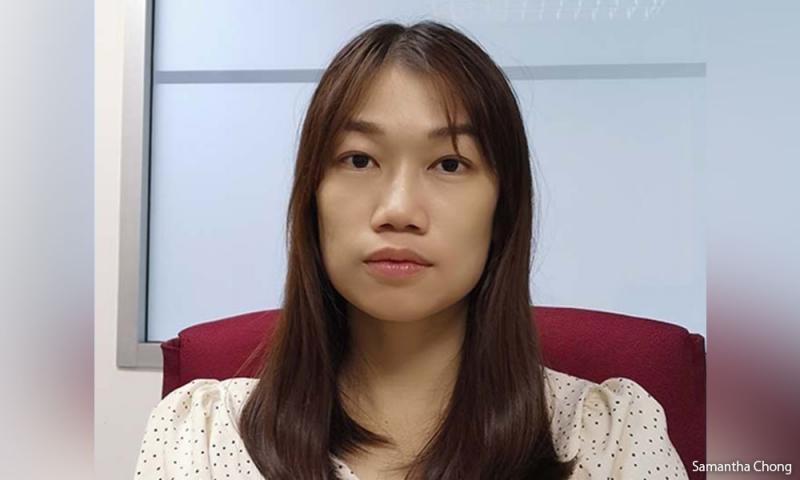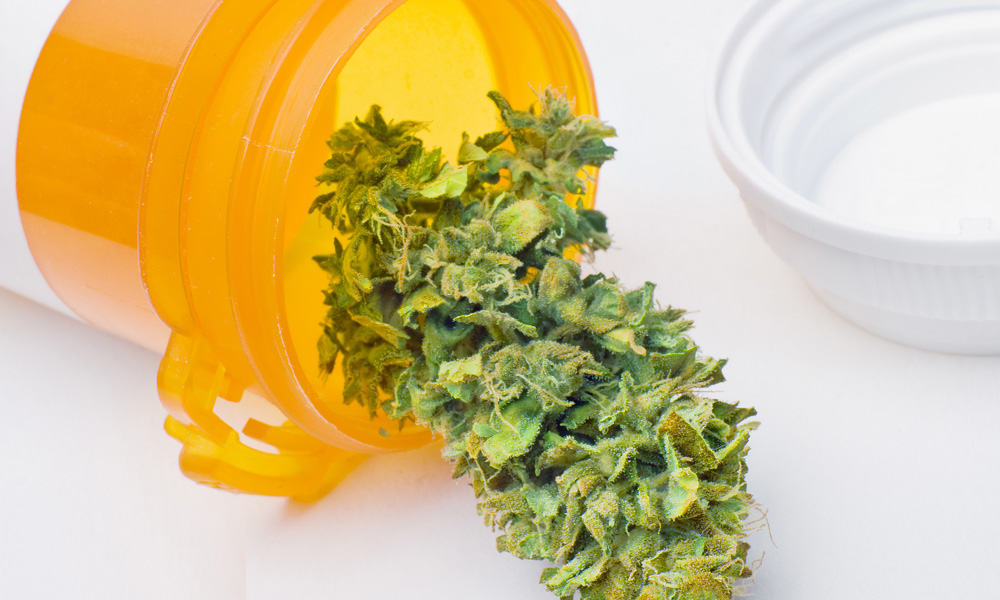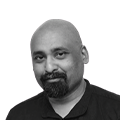
Lawyer: No wisdom in overzealous border policing of medical marijuana
Martin Vengadesan
Drug law reform advocate Samantha Chong has questioned the police’s logic in stepping up controls at the Malaysian-Thai border following the decriminalisation of cannabis in Thailand on June 9.
This came after Utusan Malaysia reported that police had conducted extensive tests at the border entry points of Wang Kelian and Padang Besar in Perlis on July 23.
Perlis police chief Surina Saad had said that of the inspections on 96 individuals, 71 were subjected to urine testing, with 12 of them testing positive for marijuana.
"First, you have to understand that our courts do not have jurisdiction to oversee criminal cases committed abroad (with a few exceptions like terrorism).
“Drug use is not an extra-territorial offence. So why do random drug tests when your courts cannot hear the case?
"Second, drug use is not an indication of drug dependence or addiction. It only means urine contains a trace of drugs," Chong (above) told Malaysiakini.
Drug law reform advocate Samantha Chong has questioned the police’s logic in stepping up controls at the Malaysian-Thai border following the decriminalisation of cannabis in Thailand on June 9.
This came after Utusan Malaysia reported that police had conducted extensive tests at the border entry points of Wang Kelian and Padang Besar in Perlis on July 23.
Perlis police chief Surina Saad had said that of the inspections on 96 individuals, 71 were subjected to urine testing, with 12 of them testing positive for marijuana.
"First, you have to understand that our courts do not have jurisdiction to oversee criminal cases committed abroad (with a few exceptions like terrorism).
“Drug use is not an extra-territorial offence. So why do random drug tests when your courts cannot hear the case?
"Second, drug use is not an indication of drug dependence or addiction. It only means urine contains a trace of drugs," Chong (above) told Malaysiakini.

She cited the vast expense involved in random urine tests.
"They easily cost us RM164.72 million in 2016 on enforcement and screening on 137,000 individuals. Why not spend the money more wisely?" asked Chong.
She reminded Malaysians who wanted to try cannabis in countries that have legalised/decriminalised cannabis that they should be aware of Section 37(k) of the Dangerous Drugs Act.
"If your urine tests positive, you are presumed to have used the drugs, unless you can prove otherwise. Police will use this against you," she said.
The relevant section states that - "person is charged for an offence of consuming a dangerous drug or administering a dangerous drug to himself or suffering any other person to administer a dangerous drug to him, and any dangerous drug is found in the urine of the person charged as a result of a urine test conducted under section 31A.
“Under the section, the person shall be presumed, until the contrary is proved, to have consumed the drug or to have administered the drug to himself or to have suffered any other person to administer the drug to him in contravention of this Act or its regulations."
Only medical cannabis legal in Thailand
Chong reminded Malaysians that Thailand only legalised medical cannabis.
"It’s still illegal to supply any extracts containing more than 0.2 percent of tetrahydrocannabinol (THC- the compound that makes one high).
“But how do you make sure how much THC is in the product?" she asked.
Chong suggested that those who wish to use medical cannabis in countries that allow it should get a prescription from a doctor.
"Cannabis is not a cure for everything. If you are not careful, it can make your current condition worse. Even in legal stores, cannabis may contain pesticides, mould and bacteria," she said.
Chong, who served as an aide to former law minister, the late Liew Vui Keong, urged Malaysians not to go all out just because Thailand has legalised medical cannabis
"Are you willing to go through arrest, remand, trial and pay a handsome sum in legal fees just to prove that the drug was not consumed here?" she asked.

No comments:
Post a Comment